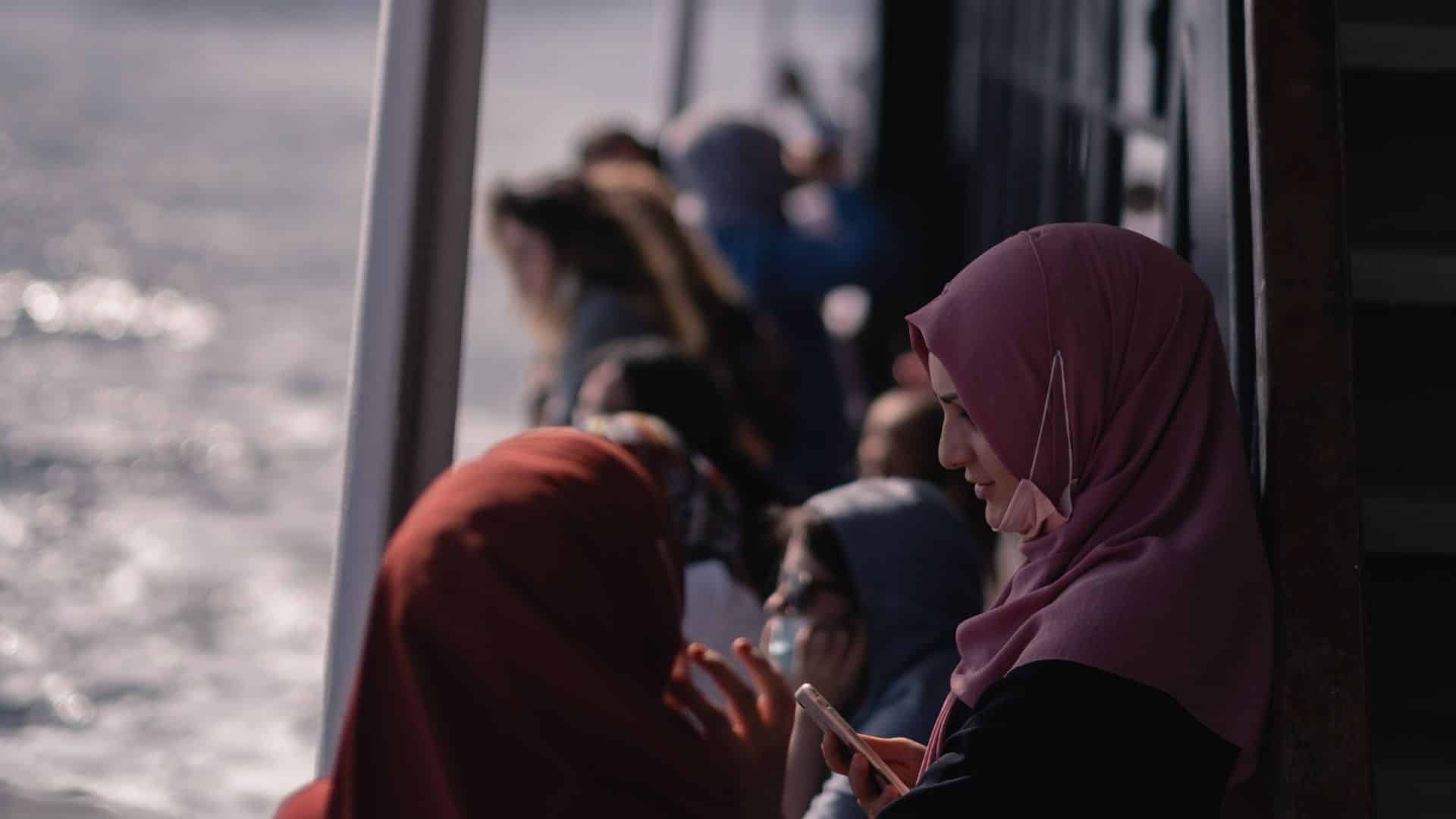Arriving at least 15 minutes early to your experience can help you get ahead of most challenges that might pop up on your tour.
Showing up early is not just for the guests!
By being proactive with that ‘casual time’ while you’re waiting for the rest of your guests to arrive can actually make the difference between a difficult guest and a happy guest (and even prevent a bad review).
Sure, we could, theoretically, cater to all potential difficult guests (picky eaters, those who didn’t sign up for this tour by choice, the hungover, those worried about getting lost….), but that’s a lot of energy to spend on every single experience.
Instead, if you take the time to sneakily identify any particular challenges you might have before the tour even starts, you can instead use your energy wisely.
Because that busy-season burnout is real.
Most of you are probably already doing this on your tours, even subconsciously. A few strategic questions, some pre-tour assurances… In this article, I’ll give an easy-to-follow checklist that can help you quickly identify challenges and solutions, before the experience even starts.

Share this article
How to be proactive with the 15 minutes before your experience.
1. Address your guests’ immediate stresses.
My number one advice to any guide is to take tours whenever you can (food tours, free tours, museum tours, the more variety the better).
It’s VERY easy to forget what it’s like to be a guest and when you step into their shoes it makes annoying guest habits, like talking to a friend while you’re giving information, less personal.
A quick reminder, your guests often show up to your experience;
- jet lagged
- hungover
- worried about getting back to their hotel
- worried about making it to their lunch reservation
- annoyed at their travel-companions
- stressed about not being able to find the tour guide
All of this has nothing to do with you and yet can greatly affect the overall experience and mood of the tour.
By being aware of these common emotions, make sure to address them as you are checking them in (even if you’re going to repeat some of that information once you officially begin).
For example:
“You’re nice and early, thank you! I just want to double-check, this tour ends at noon. Is there anywhere you need to be afterward that I should be aware of?”
“Thank you for being early! Did you have any trouble getting here?”*
*If they mention stress about having gotten lost, you can assure them that you’ll make sure they have specific directions before you send them on their way.
“You’ve made it, welcome! How are you feeling this morning?”*
*This simple question invites guests to share if they’re feeling tired or stressed. Often guests will not shy away from telling you how they feel.
Want to take it next level? Check-in with them again mid-way through the tour.
Related articles:
2. Have a set of questions to help suss out potentially fussy guests.
By interjecting very intentional questions into your casual conversation, you can easily identify the most common fussy guests.
“When did you arrive?”*
*This one question can get so many answers; are they jet-lagged, how much of the city have they already seen, etc…
“What has been your favorite thing so far?”*
*By asking this you can understand where their interests are (food, history, etc) based on what they prioritized in their itinerary
“Is our city what you expected so far?”*
*This is a great way to identify anyone who is struggling with culture shock. If someone has a lot of negative things to say, you know you’ll have to take a bit more care to ease them into things.
“So you signed up for a food tour- are you foodies?”*
*This is a great way to start a conversation about food which can tell you if anyone will be a picky eater, very important to identify on a food tour early on!
“Do you usually book tours when you travel?”*
*This can tell you whether they willingly signed up for the tour, or whether their travel companion is dragging them on it…
From all of these questions you are looking for signs of the following;
- level of interest in the tour content
- emotion (are guests happy, tired, excited, hesitant, etc)
3. Make a plan.
With all of this information that you’ve gathered, you can now devise a plan.
If you’ve identified a picky eater, maybe you’ll take some extra time to really explain the ingredients at each food tasting, or relate it back to something the picky eater is familiar with.
If you’ve identified someone who isn’t on this tour by choice you can make a mental note to not take offense if their attention wanders or maybe you can make a point to casually chat with them and ask them what they’re interested in while you’re between stops.
If you’ve identified someone who is a bit nervous navigating your city and worried about getting lost, you can make a point to always tell them what direction you’re headed in next, or show them on a map at each stop where you are in relation to major landmarks or their hotel.
And just to be clear, it’s rare that a tour will run perfectly, even when you make the effort to plan ahead.
But the idea is to get ahead of anything you can potentially control, so that, when something DOES go wrong, you’re not dealing with that on top of multiple smaller issues that you could have alleviated.


